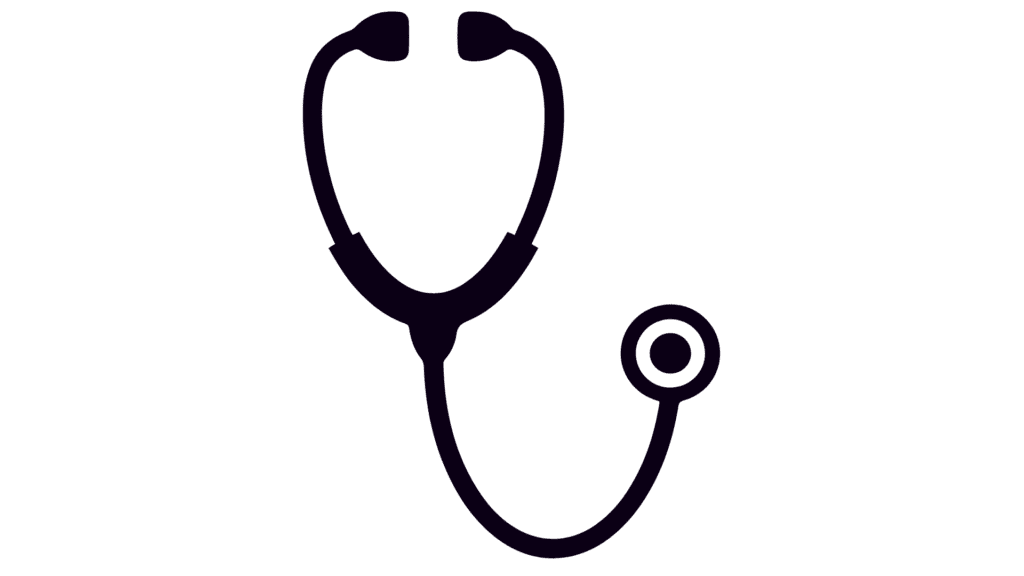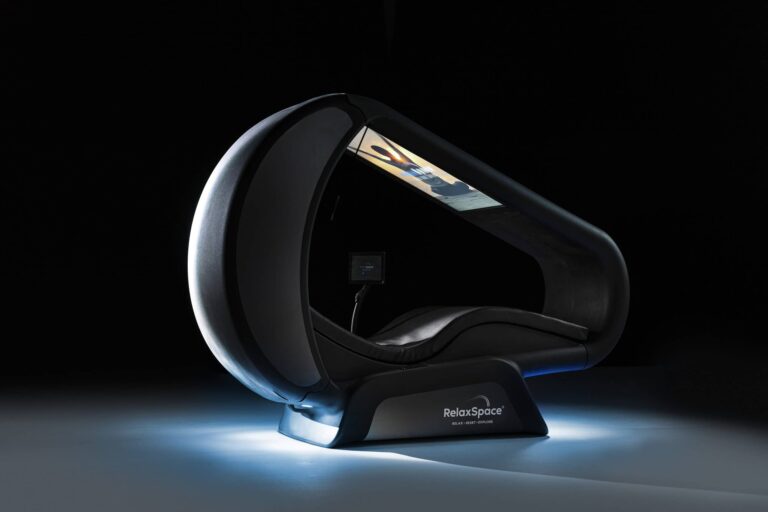What’s a Medical Clinic?

You’re at your kid’s soccer game when little Timmy takes a nasty spill. His knee’s all scraped up, and you’re pretty sure he needs stitches. But it’s not exactly ER-worthy, right?
That’s where a medical clinic comes in.
These places are like the Goldilocks of healthcare – not too big, not too small, just right for those “kinda serious but not call-an-ambulance” situations.
So, let’s break it down. In the next few minutes, I’m gonna give you the lowdown on medical clinics – what they are, when to use ’em, and why they might just be your new best friend in the wild world of healthcare.

What is a medical clinic?
The basics
At its core, a medical clinic is a healthcare facility that focuses primarily on outpatient care. This means that patients visit the clinic for medical services but don’t stay overnight.
Clinics are typically smaller than hospitals and offer a more focused range of services 1 3.
Medical clinics come in various shapes and sizes, from small private practices to larger facilities associated with hospitals or universities. Some key characteristics of medical clinics include:
- Focus on routine and preventive care
- Typically offer shorter wait times than hospitals
- Often provide more personalized care
- Usually have lower costs compared to hospital visits
Types of Medical Clinics
There’s no one-size-fits-all when it comes to medical clinics. Different types of clinics cater to various healthcare needs. Here are some common types you might encounter:
Primary Care Clinics
These are the most common type of medical clinics. They offer a wide range of services, including:
- Annual check-ups
- Vaccinations
- Treatment for common illnesses
- Management of chronic conditions
- Basic health screenings 1
For example, the Glenside medical clinic is a primary care facility that provides comprehensive healthcare services to patients of all ages.
Specialized Clinics
These clinics focus on specific areas of medicine or particular patient groups. Examples include:
- Pediatric clinics for children’s health
- Geriatric clinics for elderly care
- Dermatology clinics for skin conditions
- Cardiology clinics for heart-related issues
Community Health Clinics
These clinics aim to provide affordable healthcare to underserved communities. They often offer services on a sliding fee scale based on income 3.
Retail Clinics
Found in pharmacies or big-box stores, these clinics offer convenient care for minor health issues and basic preventive services.
Medical Clinics vs. Hospitals: What’s the Difference? 🏥
While both medical clinics and hospitals provide healthcare services, there are some key differences:
| Criteria | Medical Clinic | Hospital |
|---|---|---|
| Size | Smaller | Larger |
| Services | Limited range, focus on outpatient care | Comprehensive range, including emergency and inpatient care |
| Staff | General practitioners, nurses, some specialists | Wide range of specialists, surgeons, and support staff |
| Equipment | Basic medical equipment | Advanced medical technology |
| Patient Stay | No overnight stays | Can accommodate overnight and long-term stays |
Hospitals are equipped to handle more complex and severe medical conditions, while clinics are ideal for routine care and minor health issues.
When Should You Visit a Medical Clinic?
Medical clinics are great for a variety of healthcare needs. You might want to visit a clinic if you need:
- A routine check-up or physical exam
- Treatment for a minor illness or injury
- Vaccinations or immunizations
- Management of a chronic condition
- Basic health screenings or lab tests
However, for serious emergencies or life-threatening conditions, it’s best to go directly to a hospital emergency room.
The Benefits of Medical Clinics
Medical clinics offer several advantages for patients:
- Accessibility: Clinics are often more numerous and conveniently located than hospitals.
- Affordability: Services at clinics are typically less expensive than hospital care.
- Efficiency: With a focus on outpatient care, clinics often have shorter wait times.
- Continuity of Care: Regular visits to the same clinic can help build a relationship with your healthcare provider.
The Future of Medical Clinics
As healthcare continues to evolve, so do medical clinics. We’re seeing trends like:
- Telemedicine integration: Many clinics now offer virtual consultations.
- Specialization: More clinics are focusing on specific areas of healthcare.
- Patient-centered care: Clinics are increasingly emphasizing personalized, holistic care approaches.
If you happen to own or operate a medical clinic or med spa and are looking to get more customers, I’d recommend checking out a medical marketing agency like https://www.medspaseoagency.com/ to learn more.
Whether you need a quick check-up or ongoing management of a health condition, a medical clinic is often the perfect place to start your healthcare journey.


